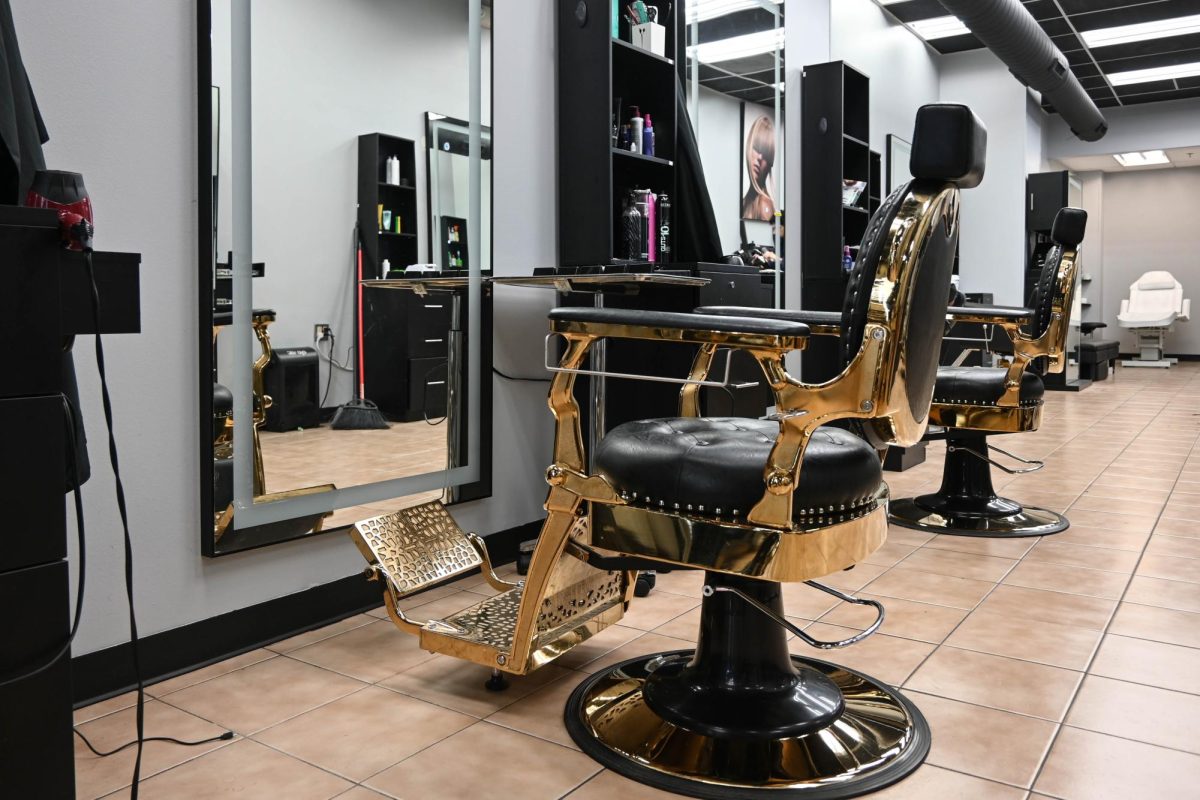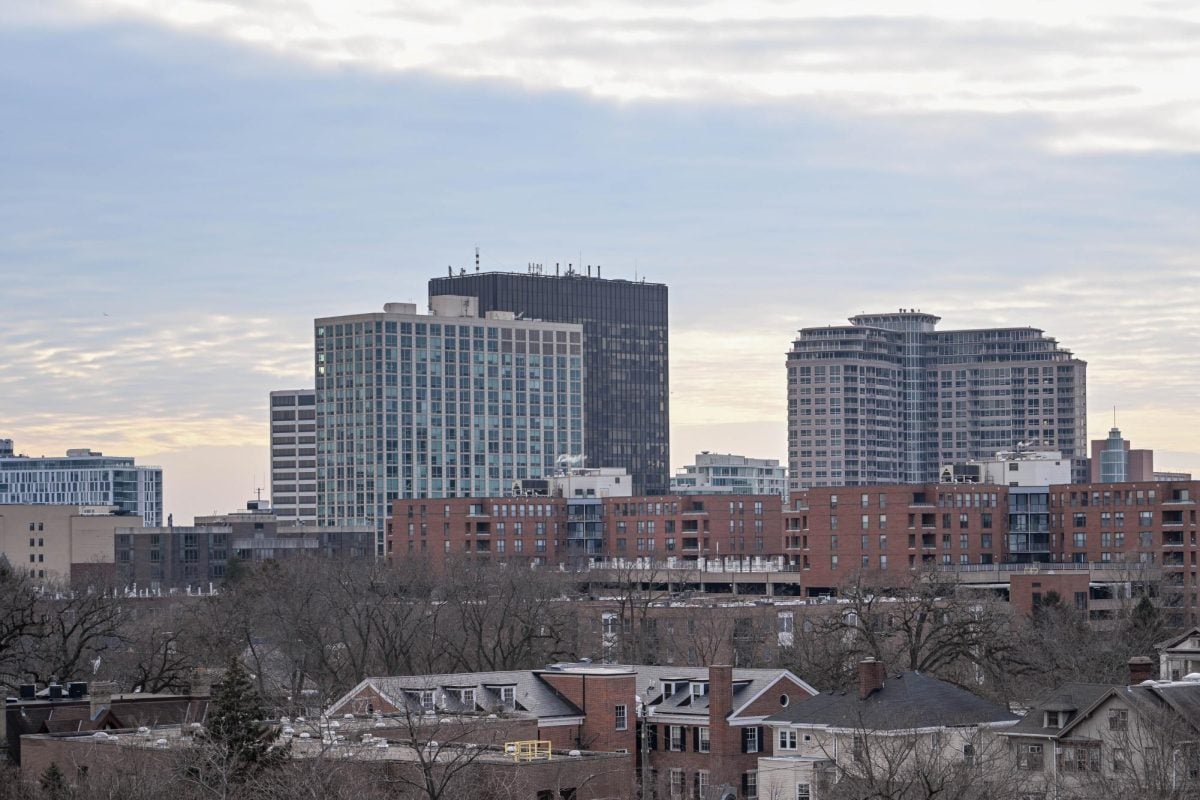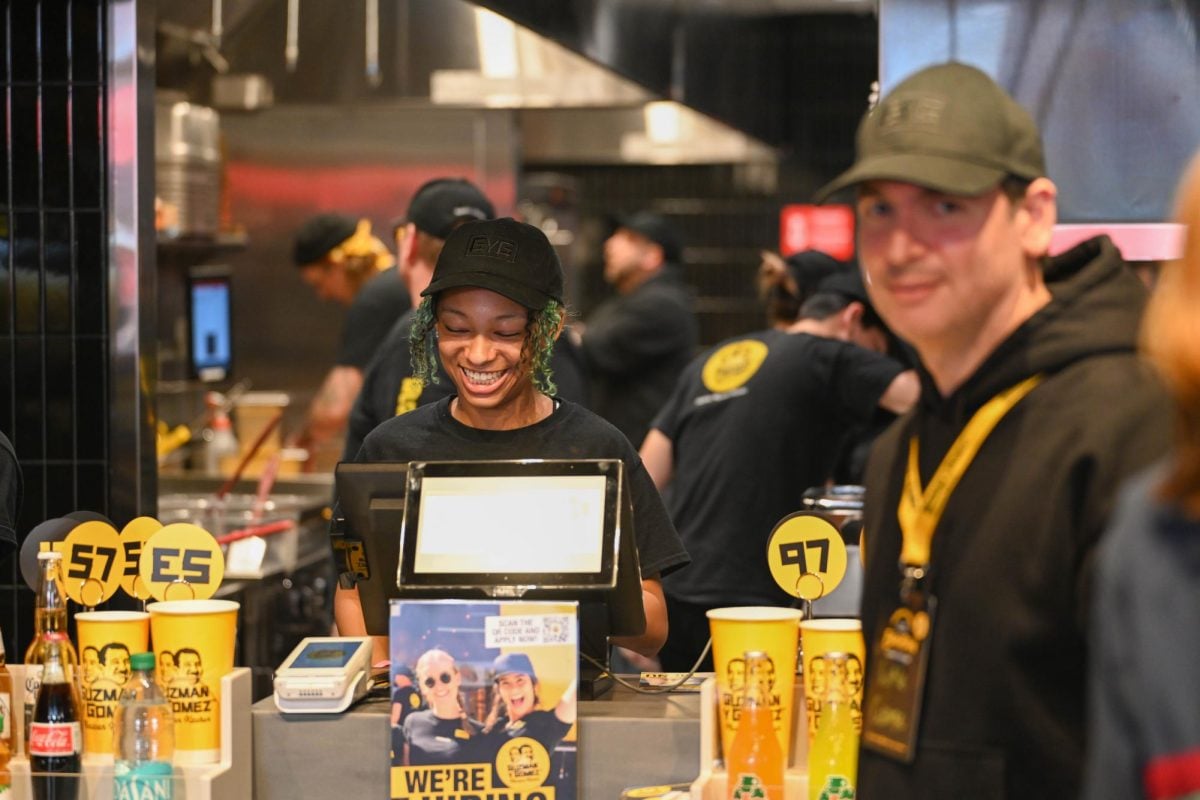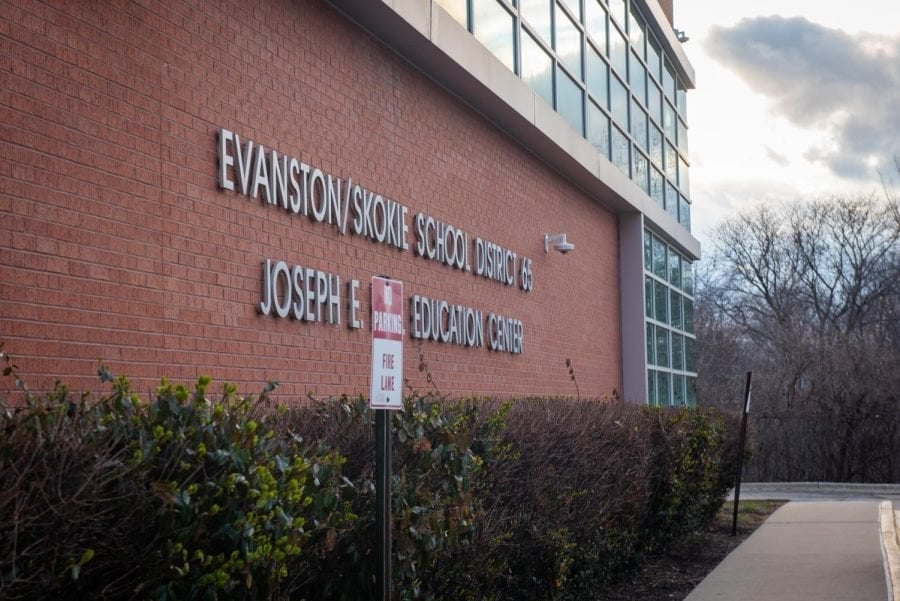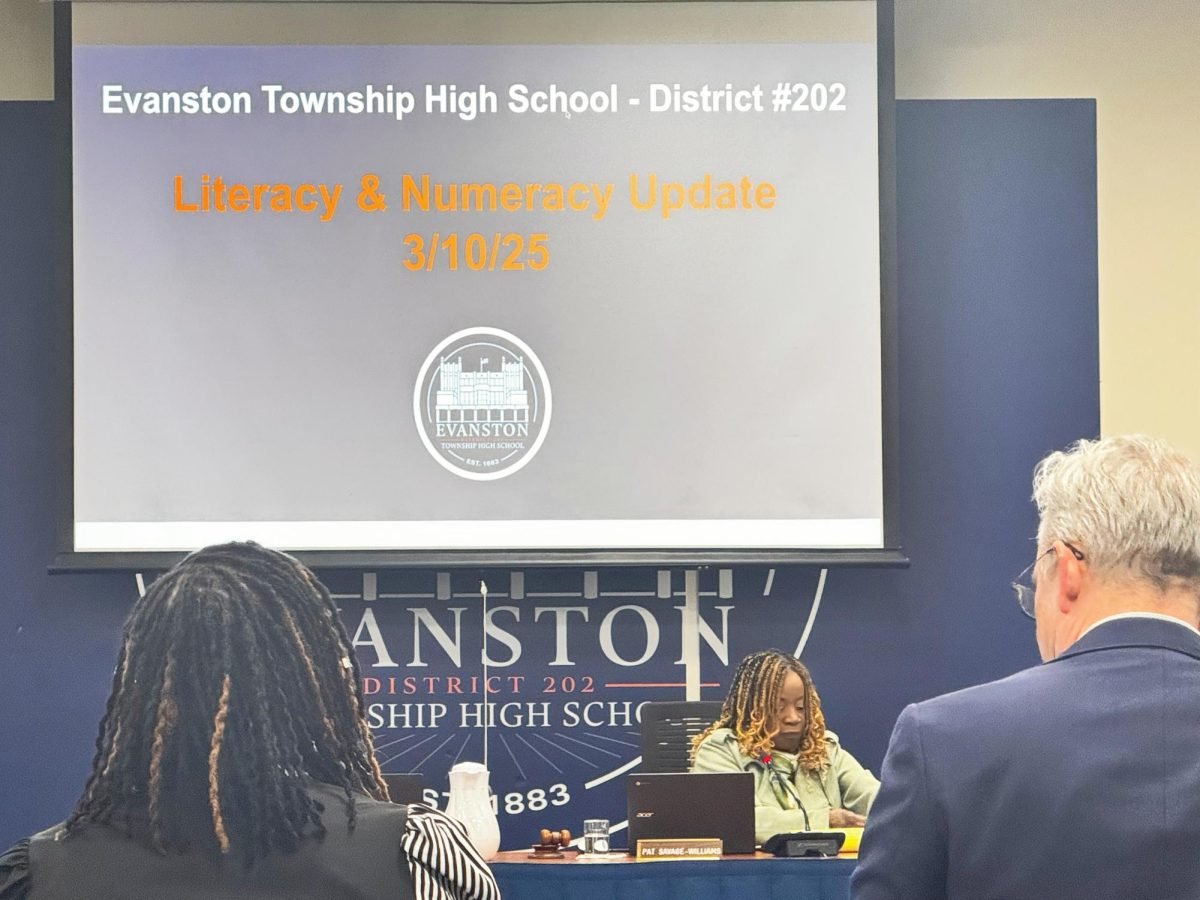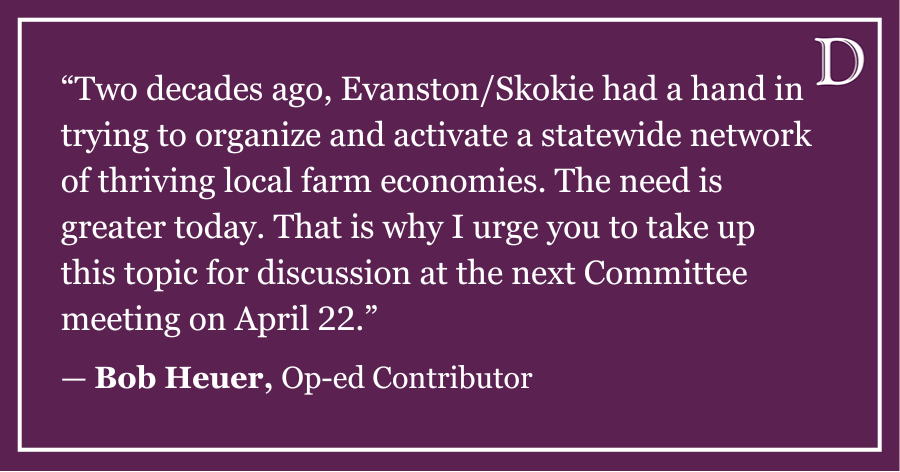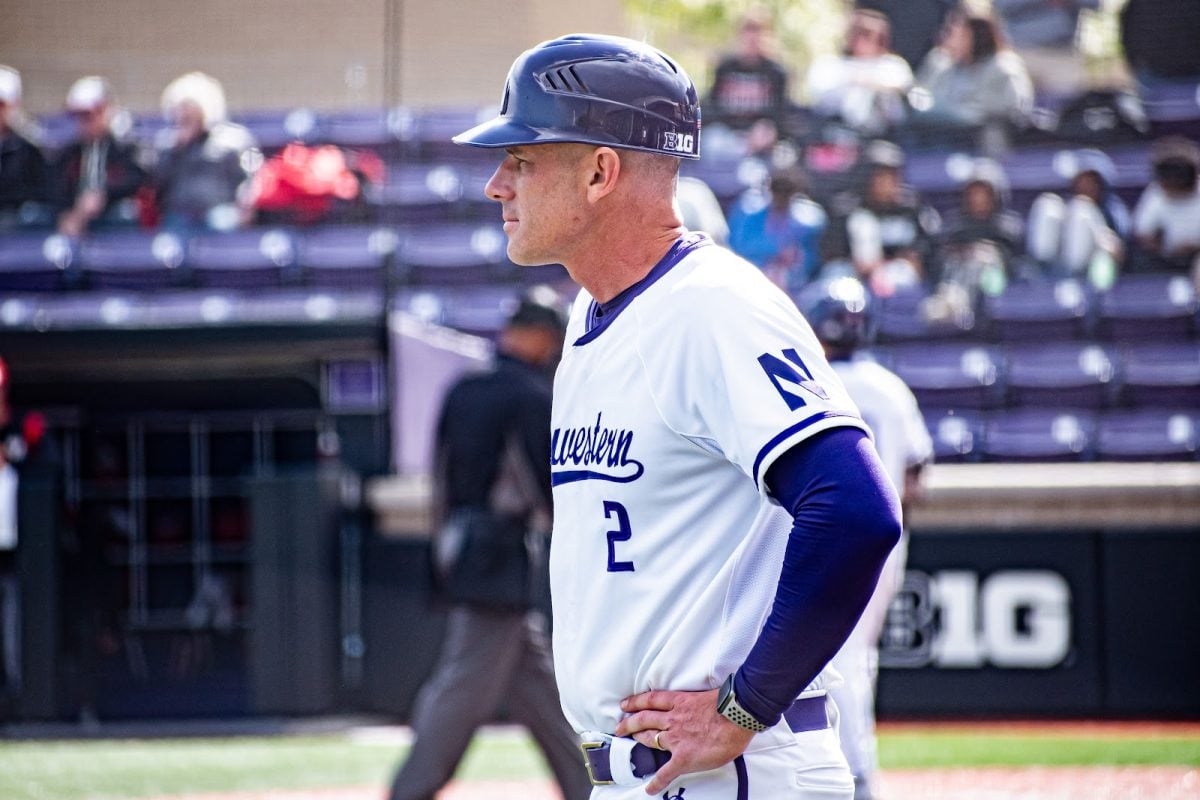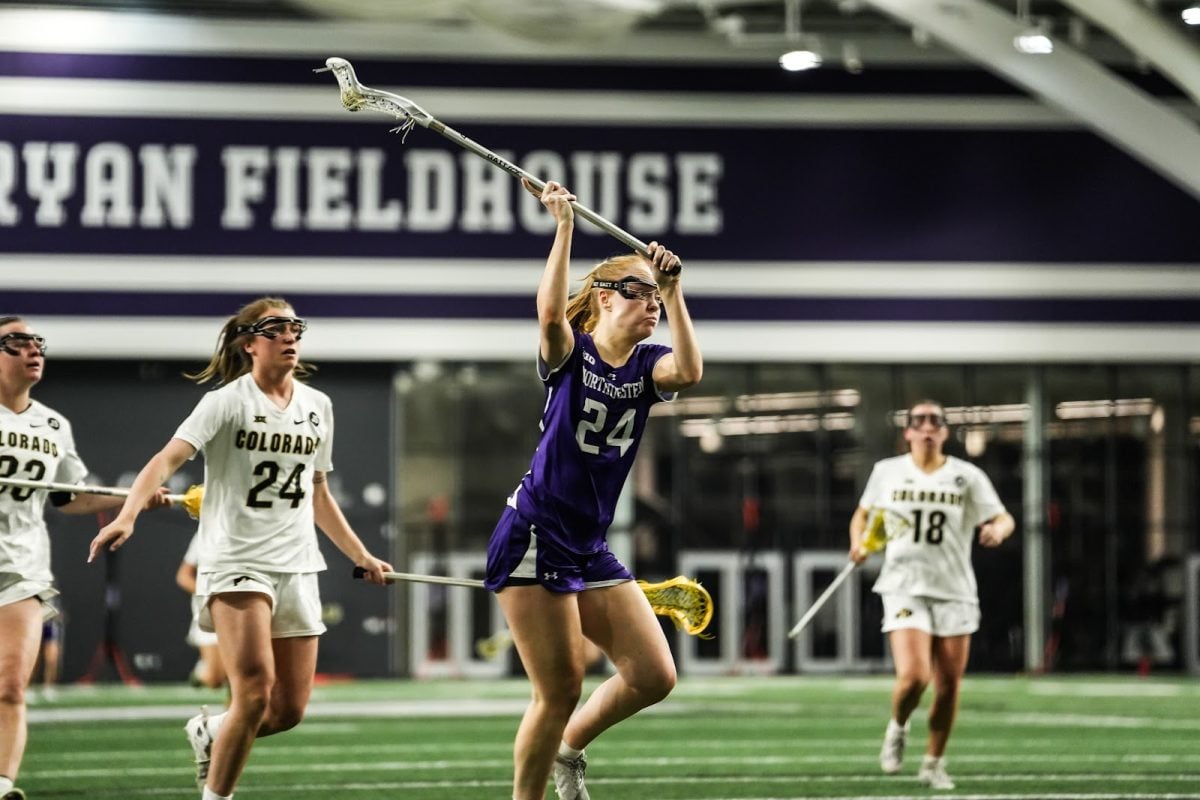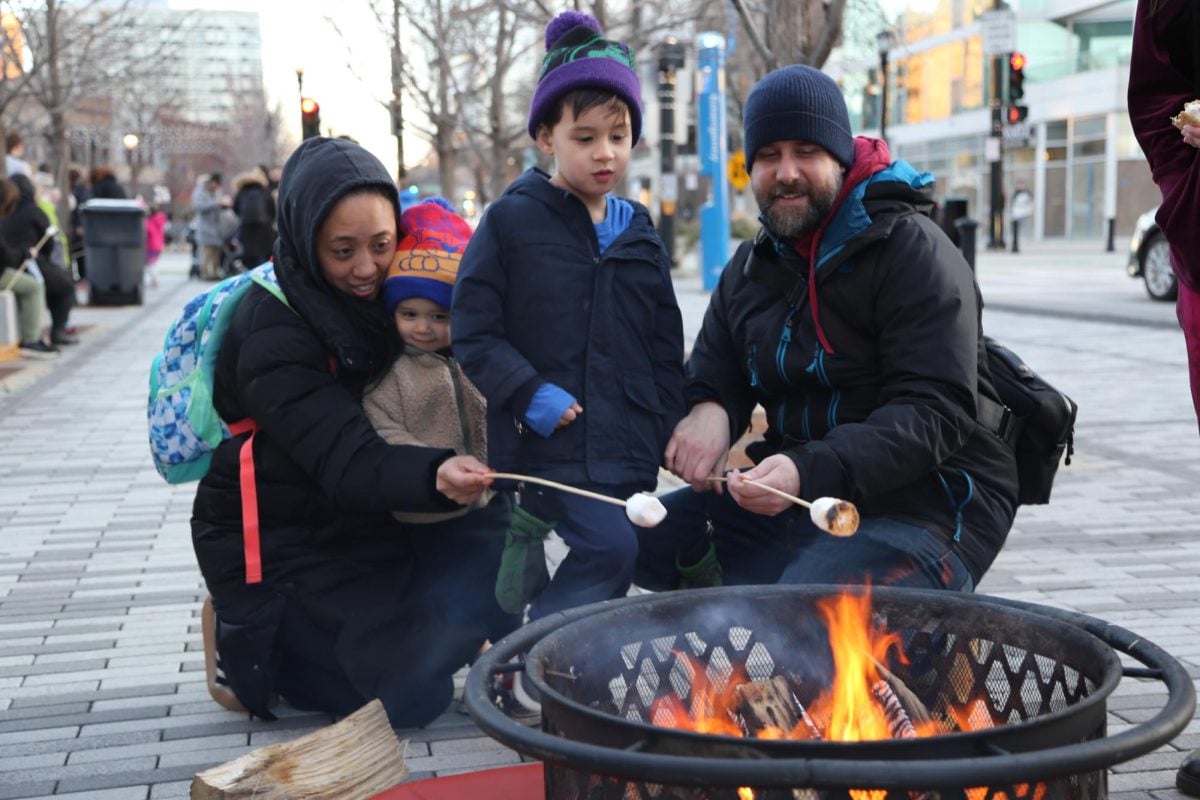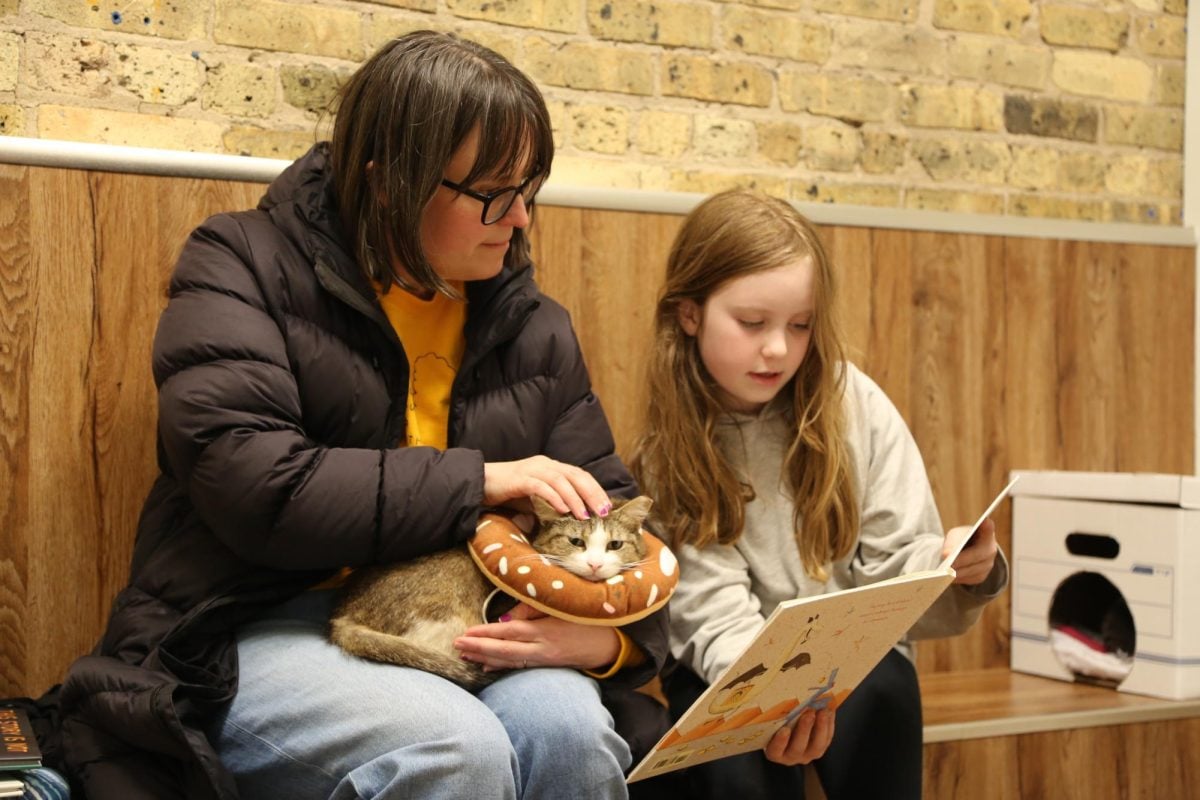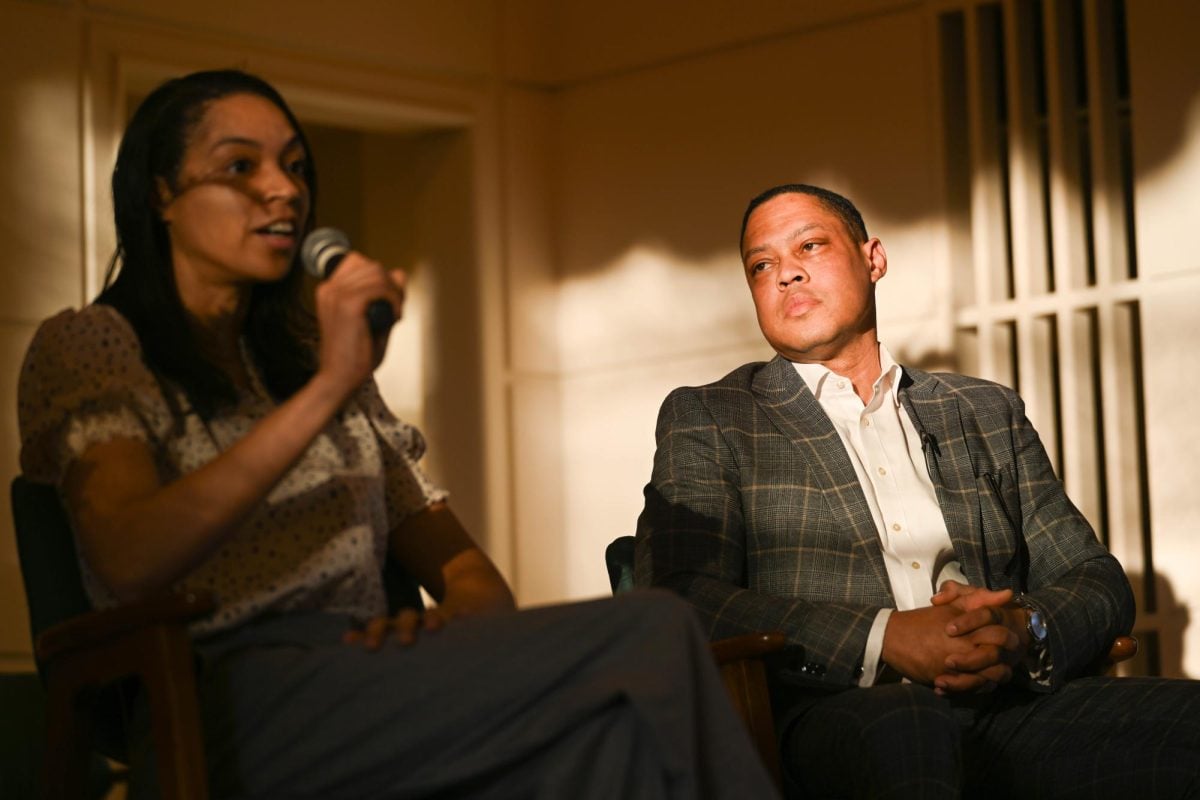When Chicago hairstylist Moe Stenson heard of the Illinois law that mandates one-hour domestic violence and sexual assault training for salon professionals, she believed in its initial intention.
But at the local level, she said she has watched the law fall short.
“I know people who haven’t (completed the training) after seven years now,” Stenson said. “No one’s checking on that. No one’s holding these people accountable.”
The 2017 legislation requires salon professionals to complete the one-hour online and in-person training in order to attain or renew a cosmetologist’s license. The law applies to cosmetologists, cosmetology teachers, estheticians, esthetic teachers, hair braiders, hair braiding teachers, nail technicians and nail technology teachers.
The training aims to teach salon professionals how to detect abuse and offer support to clients. The bill does not require salon professionals to report abuse.
Last December, U.S. Sens. Tammy Duckworth (D-Ill.) and Marsha Blackburn (R-Tenn.) introduced the SALONS Stories Act, which would incentivize states through grant increases to provide domestic violence awareness training similar to what the Illinois law mandates.
“Illinois is already leading the way by requiring this training of our beauty professionals, but we can and should expand this policy nationwide,” Duckworth told The Daily in a statement. “This bipartisan legislation is a commonsense way to help even more beauty professionals better recognize the signs and successfully navigate conversations with clients who could be in danger and help keep them safe.”
However, Stenson said there are major gaps in the implementation of the law at the state level.
The Illinois Department of Financial and Professional Regulation tracks how many salon professionals have renewed their cosmetology licenses. However, the department does not specifically track completion of the domestic violence and sexual assault awareness training, which Stenson said leads to salon professionals not caring about or completing the training.
“They’re just like, ‘It’s one more thing for me to have to do and one more thing I have to pay for,’” Stenson said. “I don’t think anybody cares about it in the industry, to be perfectly honest.”
Stenson isn’t alone in calling for more.
Violence Prevention Training Manager Hannah Gunter oversees the mandated one-hour training at the YWCA Evanston/North Shore. Gunter said many salon professionals were confused about why this training was mandated for their industry in particular.
“I don’t think that the ‘why’ was explained very clearly,” Gunter said. “So I think a part of the training is partly to just reinforce their role and their unique kind of relationship with the community.”
Gunter said the training at the YWCA tries to convey “the unique relationship” salon professionals have with their clients. She said because the salon setting is personal and intimate, clients are more likely to go to a salon without their abuser and thus more likely to confide in their hair stylist or nail technician, she said.
When the reasoning behind the training is not communicated, Gunter said it can be intimidating for attendees.
“What we heard was that a lot of salon professionals felt overwhelmed by that responsibility,” Gunter said. “We wanted to be really clear, we’re not expecting you to be advocates or domestic violence professionals, we just want you to continue providing an open and empathetic space.”
Stenson believes if the one-hour training were taught by a salon professional, the industry would be more inclined to participate. The training is currently taught by police officers.
She said her frustration with the one-hour online course she took inspired her to complete a 40-hour training at the YWCA, which was much more personal and helped her better understand how to create an impact, she said.
Those who have completed the 40-hour training can apply to become a Domestic Violence Continuing Education sponsor and teach the one-hour mandated training. Stenson said she hopes to get the certification this year.
She added that she hopes the one-hour training will be a yearly requirement in the future. Currently, the training is optional for subsequent license renewals.
Gunter said she is working at the YWCA to create a “2.0 version” of the one-hour training. She hopes to implement role-play scenarios for salon professionals to practice the intervention skills.
“This would hopefully give salon professionals a little more practice and help them understand why they’re receiving the training,” Gunter said. “We are continuing to evaluate the training itself but also meeting people where they are.”
Email: rachelschlueter2026@u.northwestern.edu
Related Stories:
— Evanston hairdressers to receive required training on domestic, sexual assault
— CROWN Act goes into effect to protect against hair discrimination in Illinois

